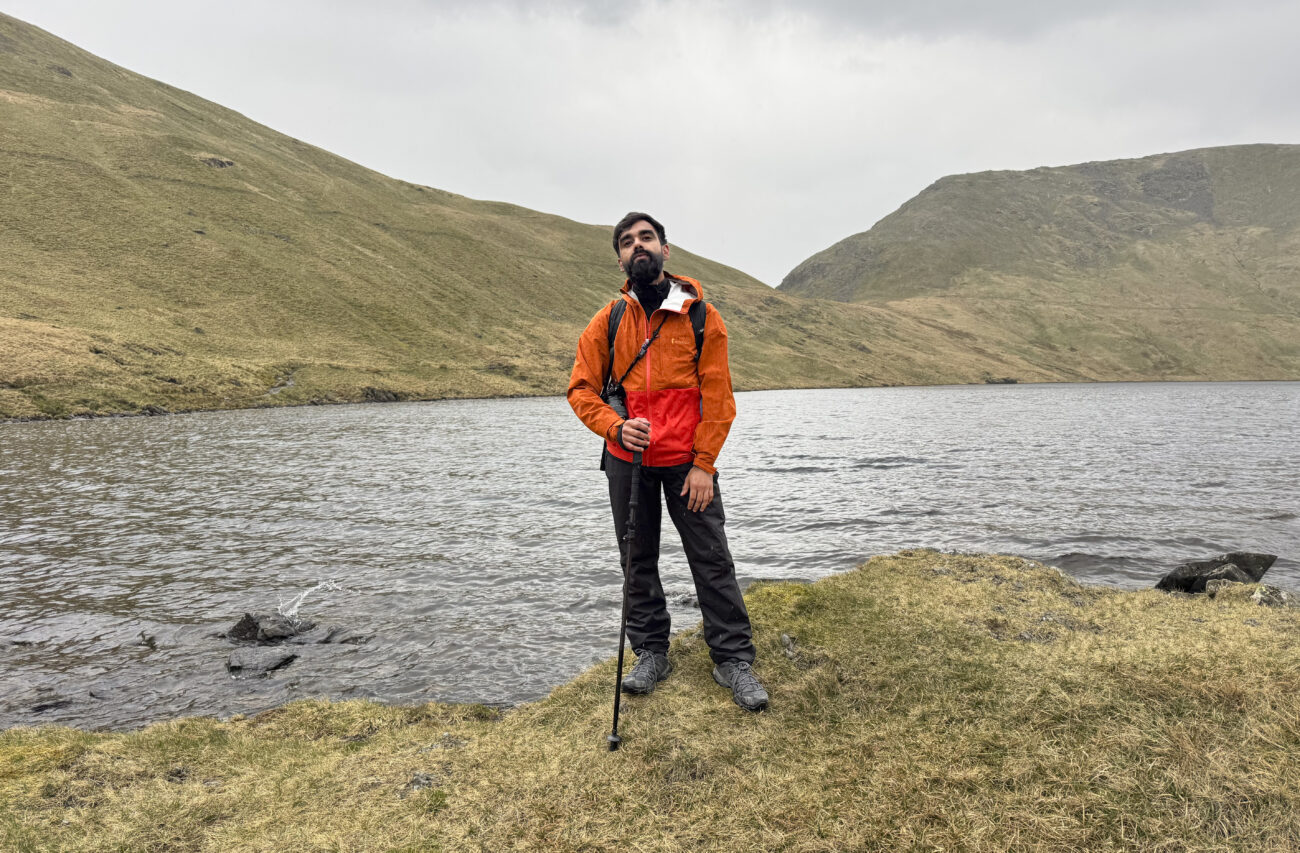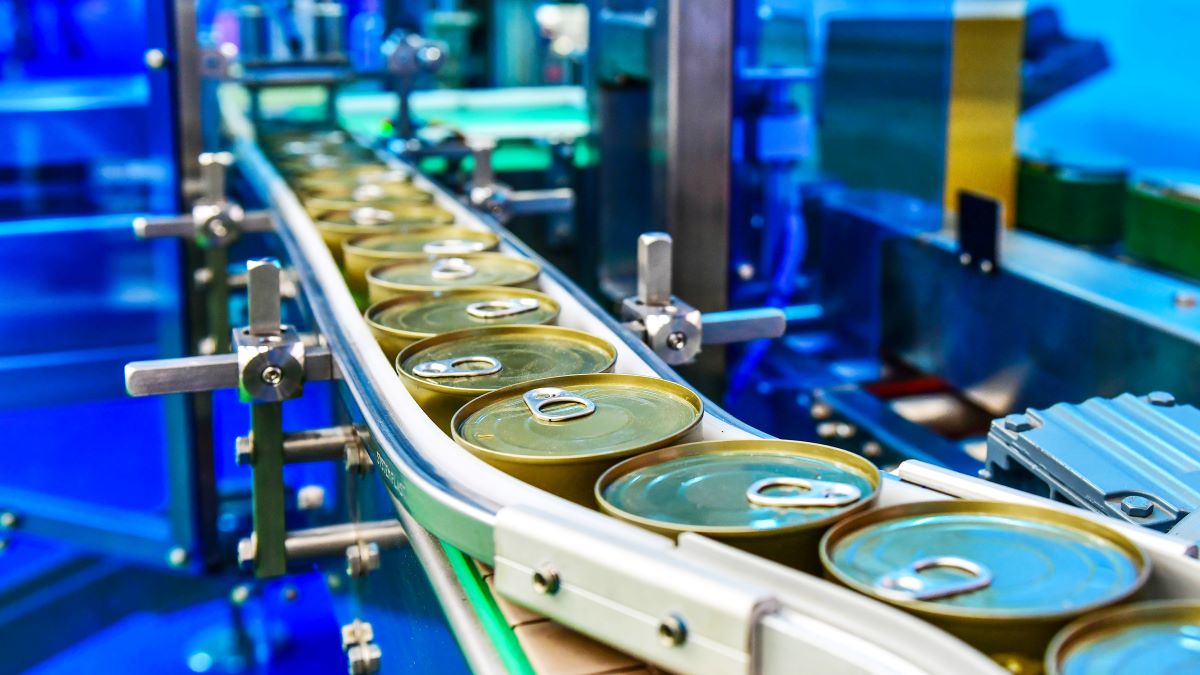London — A report released today by Greenpeace UK reveals how the Global Plastics Treaty is under threat from some of the world’s largest petrochemical companies who have been systematically lobbying against cuts to plastic production while generating massive profits from their growing plastics business. The report reveals that since the treaty talks began in November 2022, seven companies alone have produced enough plastic to fill 6.3 million rubbish trucks – equivalent to five and a half trucks every minute.
The report – ‘Plastics, Profits and Power: How petrochemical companies are derailing the Global Plastics Treaty’, draws on data obtained from industry sources. It finds that that since the start of the treaty process, Dow, ExxonMobil, BASF, Chevron Phillips, Shell, SABIC and INEOS, have ramped up their plastic production capacity by 1.4 million tonnes and sent a combined total of 70 lobbyists to negotiations, where they have also been represented by powerful industry front groups.
Dow alone has sent at least 21 lobbyists to negotiations whilst earning an estimated £3.4 billion from plastics. The report also states that INEOS, the UK’s largest plastics producer, has raised production capacity by more than 20% and is investing £3.5 billion in Project ONE, set to become Europe’s biggest plastics plant in Antwerp, Belgium.
The Greenpeace UK report comes just days before governments meet in Geneva, Switzerland, in the final round of treaty talks. The report reveals the tactics used by lobbyists to dominate negotiations, influence delegates, and block progress. It also highlights the lobbying by powerful trade associations at the Talks, pushing industry-friendly positions while shielding corporate members from scrutiny.
Anna Diski, the report’s author and Senior Plastics Campaigner with Greenpeace UK said:
“We all want to see a strong Global Plastics Treaty that turns the tide on plastic pollution. Our research shows that those with the most to lose from meaningful regulation are working hardest to obstruct it. We can’t allow the corporations who profit from plastic pollution to write the rules or we’ll end up with a toothless Treaty. It’s time to ban lobbyists from the Talks and for UN Member States to stand firm and support a strong Treaty.”
According to CIEL, 220 fossil fuels lobbyists attended the fifth round of treaty negotiations in 2024 held in Busan, South Korea which ended without agreement. This made lobbyists the single largest delegation at the Talks – more than the EU and its member states combined, outnumbering the delegates from the Scientists’ Coalition for an Effective Plastics Treaty by three to one.
Greenpeace is calling for at least a 75% reduction in plastic production by 2040 and is demanding that a strong conflict of interest policy be embedded in the Treaty to prevent undue influence; negotiations must also prioritise those most affected by the plastics crisis, with space guaranteed for independent scientists, Indigenous Peoples, frontline communities and civil society groups, all of whom should all be able to play a role in shaping and implementing the Treaty.
All of the companies mentioned in the report were given the opportunity to comment on the findings, none responded.
ENDS
Full Report: Plastics, Profits and Power: How petrochemical companies are derailing the Global Plastics Treaty
Photos and videos can be access in the Greenpeace Media Library.
Notes:
The INC5.2 summit to agree a Global Plastics Treaty will run from 5-14 August 2025 in Geneva, Switzerland. Greenpeace will be present with an international delegation of 30 people representing Africa, Southeast and East Asia, Middle East and North Africa, Europe, Canada, Colombia and the US. The delegation will use its extensive policy and legal experience and government relationships to push for greater ambition in the Treaty process, particularly on the critical issue of delivering legally binding cuts to plastic production.
Greenpeace UK’s analysis is based on estimated global production figures for polypropylene (PP) and polyethylene (PE) for November/December 20221, 2023 and 2024 financial years, for Dow, ExxonMobil, BASF, Chevron, Shell, SABIC and INEOS, produced by Market Research Future2 (data available on request). This estimate covers two of the world’s most widely-used polymers, commonly found in packaging and consumer goods. It excludes other major plastic types such as PET and polystyrene, and excludes 2025 production data even as treaty talks continue into this year. As such, the final figure is presented as an underestimate of total plastic production during this time. To calculate the plastic volume in rubbish truck equivalents, Greenpeace UK used the standard capacity of a UK refuse truck, which holds approximately 12 metric tonnes of plastic waste.
[1] INC talks having commenced in November 2022.
[2] Market Research Future. www.marketresearchfuture.com/
Contact:
Greenpeace UK Press Office – [email protected] or +44 7377 730878 / +44 20 7865 8255
Source link
Greenpeace International www.greenpeace.org



